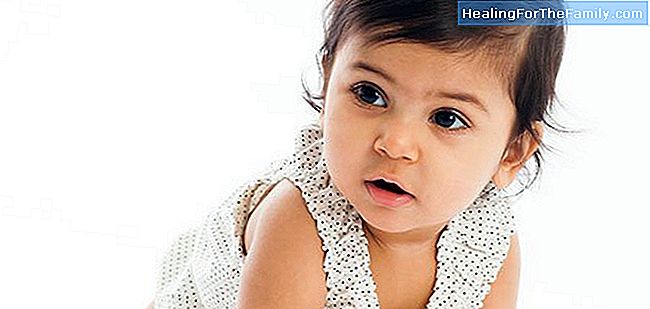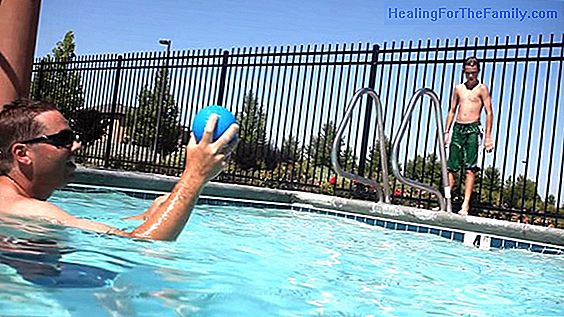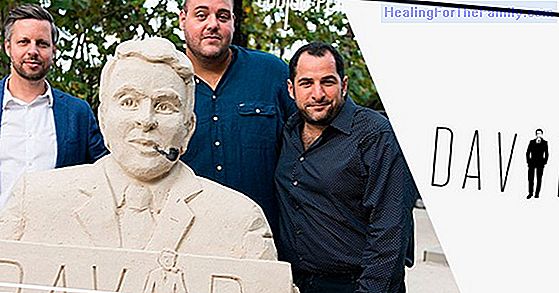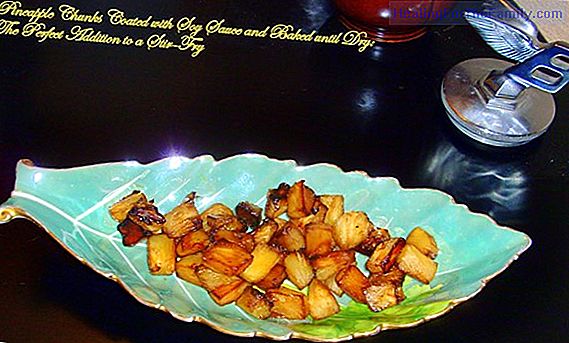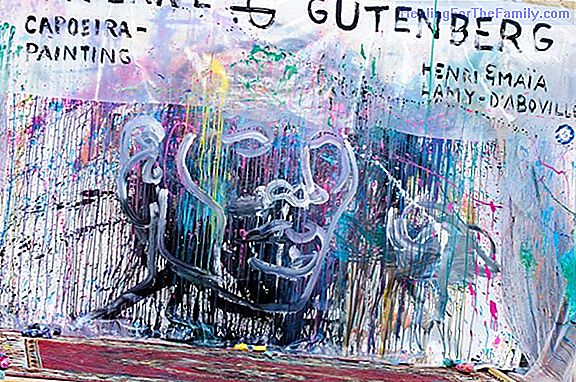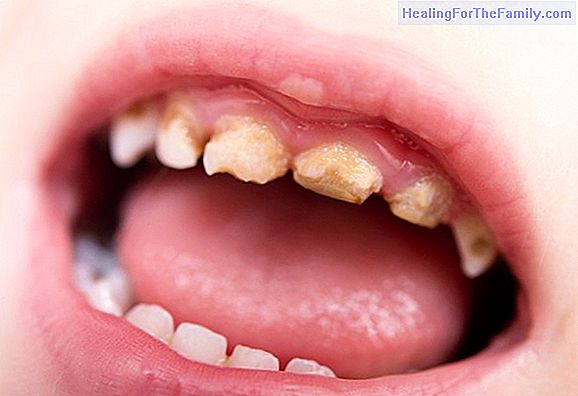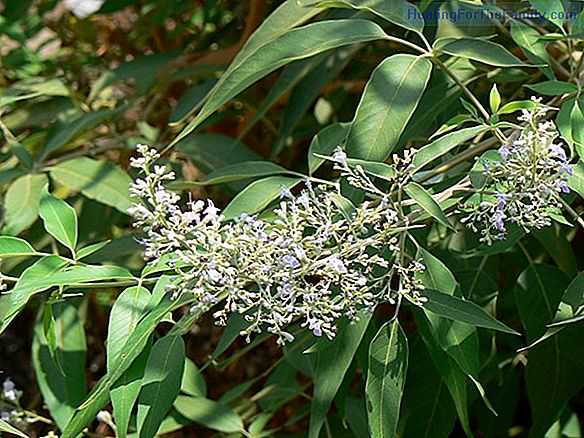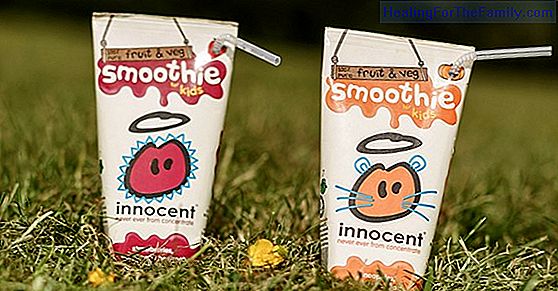Acute diarrhea in infants and children. Symptoms and treatment
Acute diarrhea is the sudden onset of soft or liquid stools in greater number or amount than usual each day. It is not usually very durable. The normal thing is that it disappears in less than two weeks. But ... what are the causes of acute diarrhea in children? And what is there to do to treat it?
Acute diarrhea is the sudden onset of soft or liquid stools in greater number or amount than usual each day. It is not usually very durable. The normal thing is that it disappears in less than two weeks.
But ... what are the causes of acute diarrhea in children? And what is there to do to treat it? Cosas 7 things you should know about acute diarrhea in childhood
1. In most cases, acute diarrhea is due to infe infectious viral gastroenteritis. Those that are due to bacteria and parasites are less frequent. Other causes are: antibiotics, inadequate diet, intolerance or food allergy.
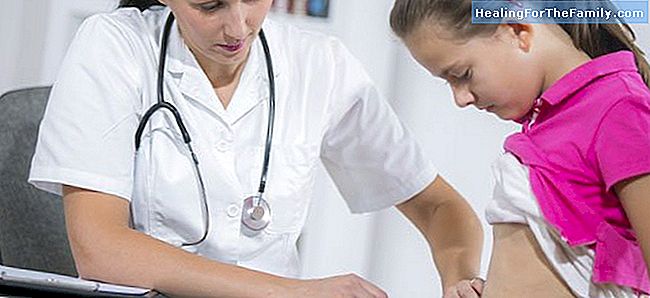
2. Acute diarrhea may be accompanied by fever, vomiting, abdominal pain or lack of appetite. 3. Acute diarrhea can causedehydration
. How to know if a child is dehydrated? It is noticeable when the children have a dry mouth, a lot of thirst, little urine, crying without tears, sunken eyes, weight loss ... You have to make sure that the child drinks enough liquid so that he does not become dehydrated. You should take oral rehydration solutions (pharmacy serums) after each stool or vomit. Give your normal food, without forcing. 4. Dehydrated children should replace lost fluid.Offer the serum frequently
and in small quantities for three or four hours. No sodas or juices with high sugar content, sports drinks or solutions prepared at home are recommended. En 5. Regarding feeding, the babies can continue with breastfeeding or with the usual milk undiluted. Older children can eat normally as soon as they stop vomiting, without forcing. Foods high in fat or sugar should be avoided. Do not introduce any new food until your recovery. 6.It usually heals spontaneously in a few days.
Antibiotics or other medications are rarely needed in babies or children with diarrhea. 7. Maintain adequate hygienic measures to avoid contagions
:
- Hand washing, especially before preparing food, eating and after going to the bathroom or changing diapers. - Wash raw fruits and vegetables very well. Cook meat and eggs very well. - Wash frequently the objects that the child manipulates.
- Avoid sharing cutlery, glasses, bottles, etc. When to take the child to the pediatrician for acute diarrheaThe baby or child with acute diarrhea should not go to daycare or school until the stools normalize. At what time should we take the doctor ?:
- In the case of children under two months.
- When there are persistent vomiting.
- If the child makes more than eight bowel movements a day or has bloody diarrhea.
- If your child has a chronic illness, for example, diabetes, kidney failure ...
- If the dehydration is moderate or severe: more than six hours without urinating, if the child is very decayed, with poor general condition.
(In these cases, the pediatrician will assess if it is necessary to do some type of study or stool analysis).
Source consulted:
Spanish Association of Pediatrics of Primary Attention (AEPap).


